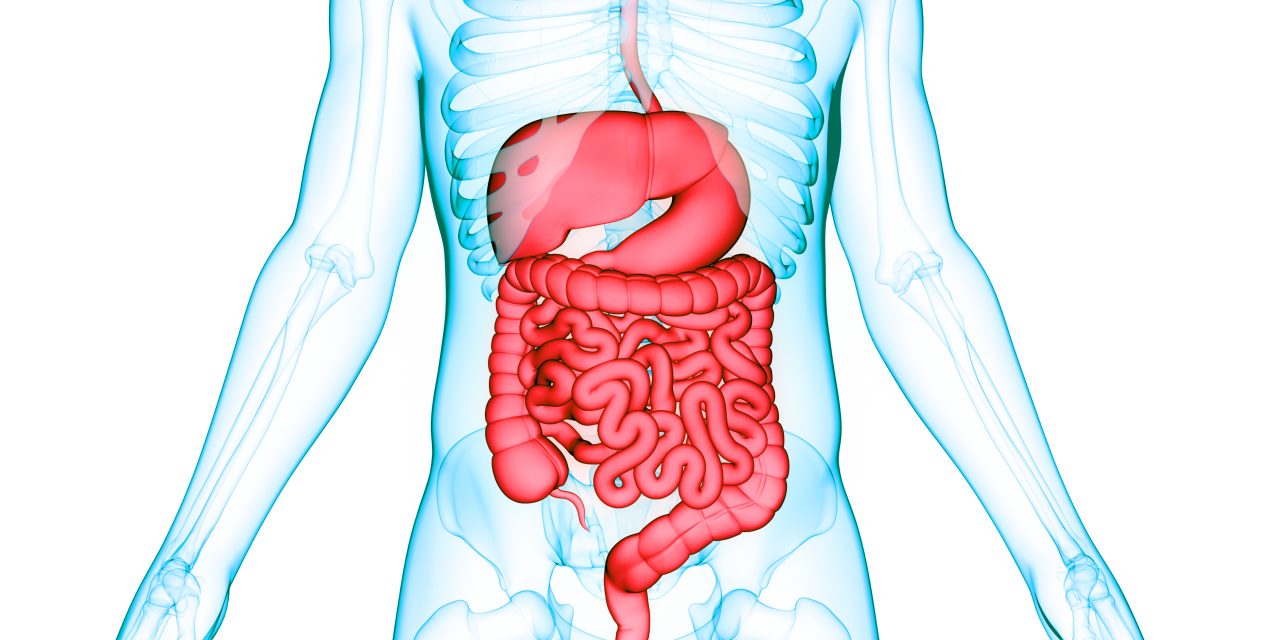WEDNESDAY, Oct. 21, 2020 (HealthDay News) — Uninsured, Medicare-insured, and Medicaid-insured patients with breast, prostate, or lung cancer are less likely to receive surgical care at high-volume hospitals compared with privately insured patients, according to a study published online Oct. 21 in Cancer.
Junaid Nabi, M.D., M.P.H., from Brigham and Women’s Hospital in Boston, and colleagues estimated the odds of receiving surgical care at a high-volume hospital according to insurance type for 1,279,738 patients with a confirmed diagnosis of breast, prostate, lung, or colorectal cancer during 2004 through 2016.
The researchers found that compared with patients with private insurance, the odds of receiving surgical care were lower for patients with breast cancer who were insured by Medicare or Medicaid or were uninsured (odds ratios, 0.75, 0.55, and 0.50, respectively); for patients with prostate cancer insured by Medicare or Medicaid or were uninsured (odds ratios, 0.87, 0.58, and 0.36, respectively); and for patients with lung cancer who were insured by Medicare or Medicaid or were uninsured (odds ratios, 0.84, 0.74, and 0.48, respectively). The effect of insurance varied by study period for patients with colorectal cancer, with improvement since 2011. The odds of receiving care at a high-volume hospital were 0.51 during 2004 to 2007 and 0.99 during 2014 through 2016 for Medicaid-insured patients, and the corresponding odds were 0.45 and 1.19 for uninsured and privately insured patients, respectively.
“These findings highlight the importance of building a health equity framework into health care policies,” the authors write.
Two authors disclosed financial ties to the pharmaceutical industry.
Abstract/Full Text (subscription or payment may be required)
Editorial (subscription or payment may be required)
Copyright © 2020 HealthDay. All rights reserved.


